-
chevron_right
Uptobox Was Shut Down in 2023; A Court Will Decide Whether to Resurrect It
news.movim.eu / TorrentFreak · 07:02 · 5 minutes
 Founded back in 2011, Uptobox rapidly gained popularity by making it easy for users to upload, store, and share files with others online. In April 2023, Uptobox received 34 million visits from users all over the world, around a third of those from France.
Founded back in 2011, Uptobox rapidly gained popularity by making it easy for users to upload, store, and share files with others online. In April 2023, Uptobox received 34 million visits from users all over the world, around a third of those from France.
At several points in its dozen or so years online, Uptobox faced adversity, mostly due to copyright issues. Last May, the site was blocked by French ISPs but determined to stay online, Uptobox provided its users with advice on how blocking could be circumvented.
On September 20, 2023, not even the most sophisticated techniques allowed users to connect to Uptobox servers. After obtaining authorization from a French court, the world’s largest entertainment companies, including Columbia, Paramount, StudioCanal, Warner Bros, Disney, Apple, and Amazon, descended on two datacenters used by Uptobox.
At Scaleway and OpCore, two cloud service providers based in Vitry-sur-Seine in the southeastern suburbs of Paris, servers were unplugged and seized as evidence in support of a civil action. The Alliance for Creativity and Entertainment eventually claimed responsibility and in a statement revealed that two French nationals were operating Uptobox from Dubai. It was always inevitable that the ‘criminal operators’ would find themselves shut down, ACE said.
Uptobox Said Little Until Recently
Given the gravity of any legal measures taken by a coalition with a combined worth expressed in triple-digit billions, Uptobox hasn’t said much over the past six months. Last December, via the service’s X account, the company said that all subscriptions had been frozen and would be extended. At a minimum, it would like users to get their files back .
Then on March 7, 2024, Uptobox appeared to offer more positive news. “Our position is to do everything to recover these servers and allow our users to recover their data, and more optimistically to resume our activity. Thank you all for your support,” a post to X revealed .
Dubai-based company Genius Servers Tech Fze is said to be the operator of Uptobox. It filed an appeal in October 2023 and the first hearing was held at the Paris judicial court a few days ago.
Server Costs Running to 75,000 Euros Per Month
Marc Rees of French publication l’Informé attended the hearing and had the opportunity to speak with Thomas Chalanset, Uptobox/Genius Servers’ attorney. He was critical of the seizure and the ex parte nature of the court order behind it.
“This is the first time the operator of the Uptobox/Uptostream service, Genius Servers Tech Fze has been able to present its case. The power of the companies in front of us must not let misleading appearances win the day,” Chalanset explained.
“The service risks being asphyxiated by server costs and the length of the proceedings, even if Genius emerges unscathed in terms of a conviction.”
Uptobox’s server bill currently runs to 75,000 euros per month and the current process has already been running for seven months. The nature of the case, currently in the hands of the public prosecutor, features parallel criminal proceedings for infringement filed by the plaintiffs. There are fears the process could run for years.
“Blocklist Inclusion Supported Seizure Operation”
Documents seen by l’Informé indicate that the movie companies used Uptobox’s inclusion on blacklists as justification for the seizure operation to go ahead. The first, the European Commission’s Counterfeiting and Piracy Watch List , mentioned Uptobox in its 2022 edition.
However, as the service’s attorney Thomas Chalanset points out, the European Commission “does not take any position” on any of the rightsholder allegations, including those below, that appear in the report. In any event, the Commission has never contacted Uptobox, Chalanset says.
Other actions against Uptobox all involved French regulator ARCOM; in respect of the first in 2023 , Uptobox claims to have received no correspondence and is now taking action to have the decision reversed. Two other judgments that resulted in the Uptobox domain being blocked by ISPs last year, are also being appealed.
No Different to Google Drive or Dropbox, Court Hears
According to l’Informé’s report on the proceedings, Thomas Chalanset informed the court that his client’s service is no different to Google Drive or Dropbox; if a complaint is received requesting the removal of infringing content, there’s an obligation to take it down.
Lawyers for the entertainment companies rejected the comparison; Google and Dropbox sell storage space, whereas Uptobox offered premium subscriptions with “18 features, only one of which relates to storage spaces. All the others aim to unblock access, downloading, and viewing of hosted files, for example to break the waiting time limit between two downloads or for viewing files.”
As for the comment about actioning takedowns in common with Google Drive and Dropbox, the studios highlighted a feature on Uptobox that restored files following receipt of a takedown notice. A test involving 68 infringing files revealed that half reappeared within two hours.
Some Users Are Pirates, Non-Infringing Files Get No Publicity
Chalanset conceded that pirates did use Uptobox, but these were just a tiny minority who wanted to accumulate enough ‘Premium’ points to pay for their five euro per month subscription. Uptobox also called on a pair of expert reports to counter claims from rights holders that 84% of the files on the platform were infringing. As per l’Informé (translated from French)
“[T]he Dubai company also produced two reports, one written by In Code We Trust, a consulting company, the other by Hubert Bitant, a legal expert at the Paris Court of Appeal. Their analysis shows that the vast majority of files hosted on Uptobox are not downloaded or viewed. In essence, 73.5% of the hosted files were not downloaded, while the rights holders estimate that 84% of the files are infringing.”
The statistical method used by the rights holders to identify pirated content stored on Uptobox also came in for criticism. Their approach reportedly involved visiting pirate sites that typically link to files hosted elsewhere, Uptobox included. However, by visiting pirate sites, most of the content on offer would obviously be infringing and shared in public; non-infringing content that isn’t shared in public, users’ personal files and photographs, for example, by their very nature simply wouldn’t appear on a pirate platform.
Whether the court found Uptobox’s appeal credible will be revealed when its decision is handed down in two months. It’s unclear if users will be able to retrieve any family photos at any point, but a stampede to discuss the matter in person before the court seems unlikely.
From: TF , for the latest news on copyright battles, piracy and more.


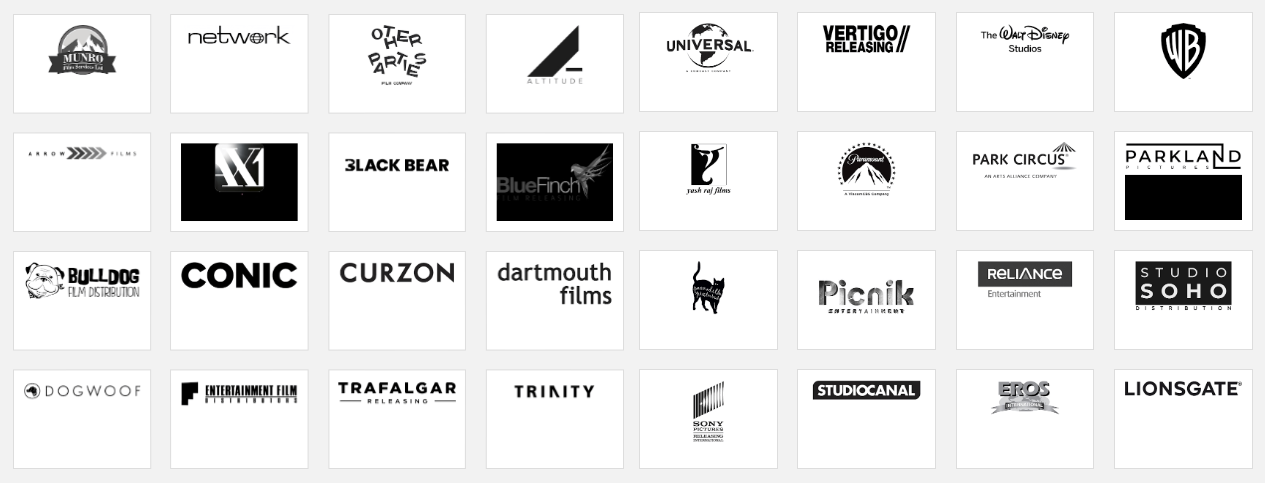
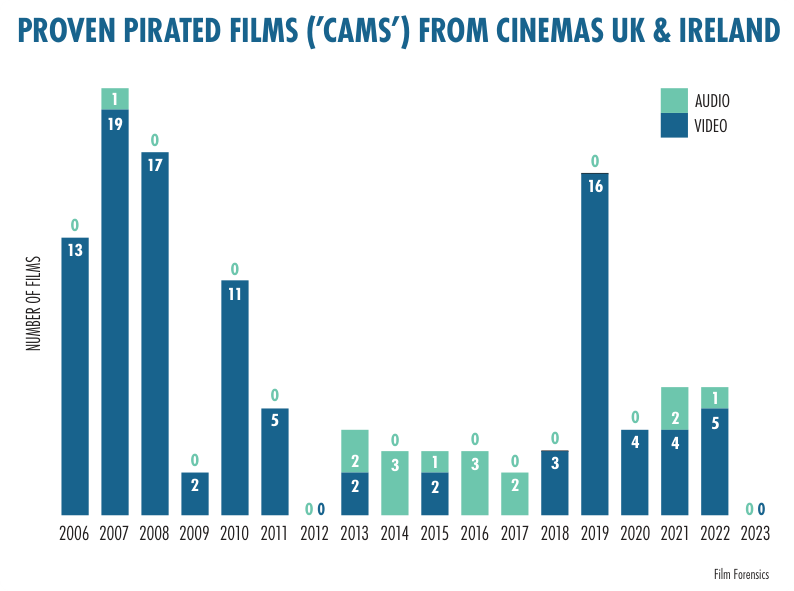
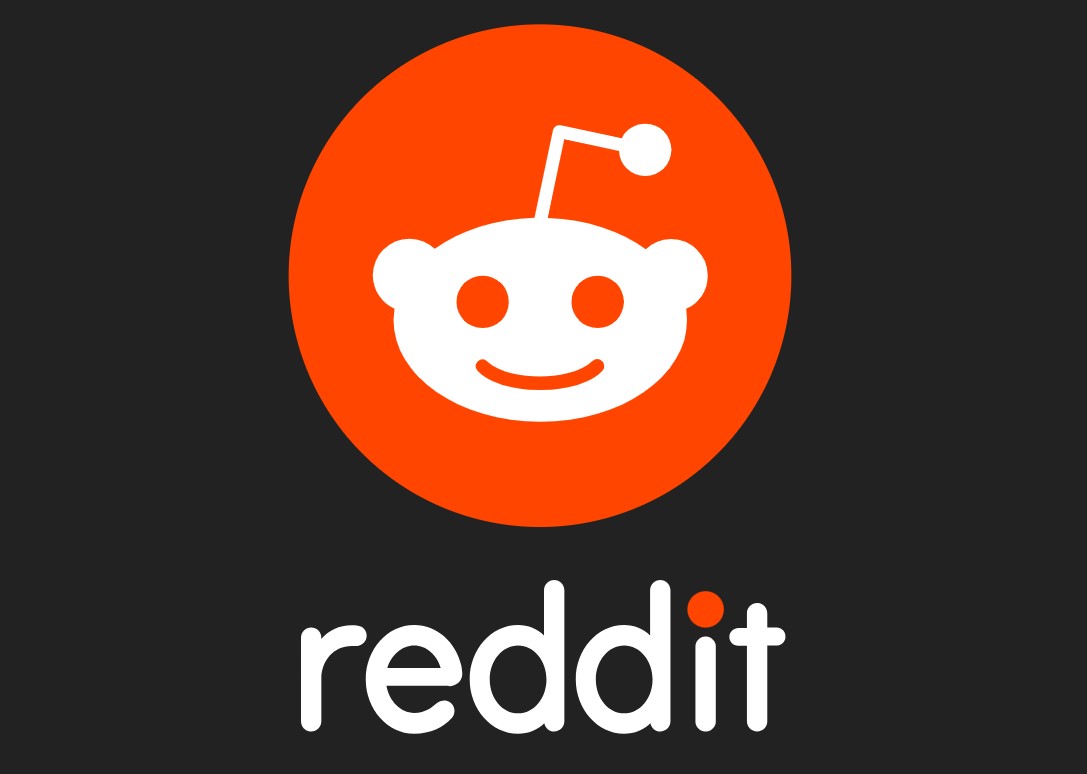 Without doubt,
Without doubt,

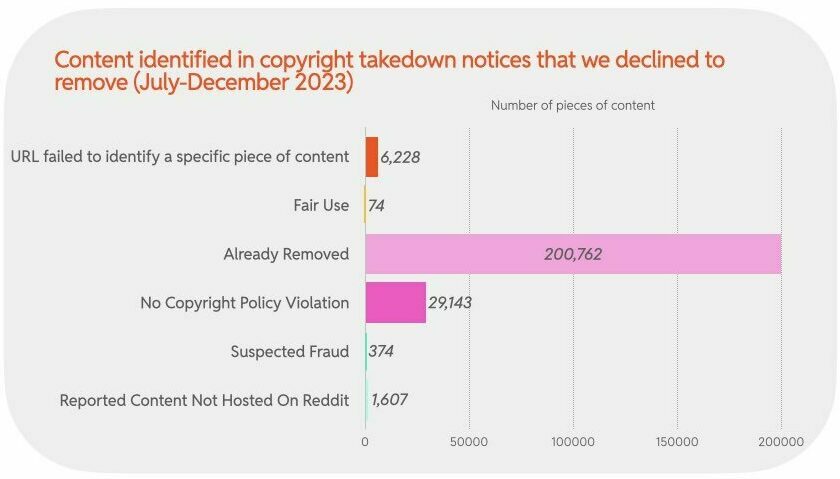


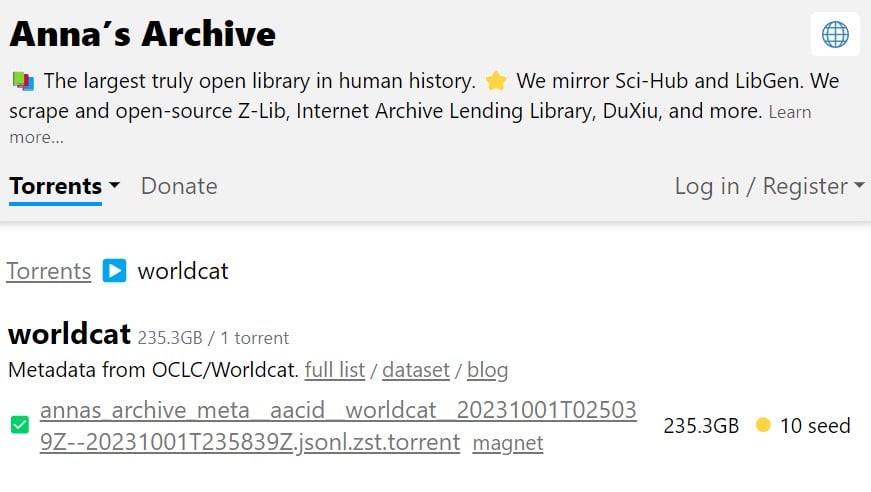
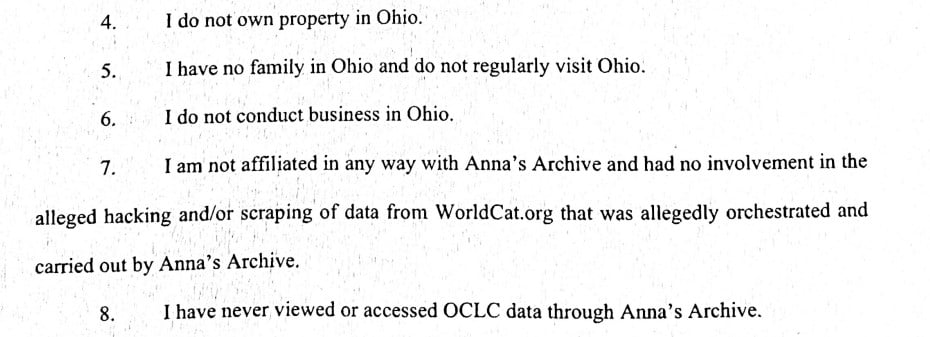
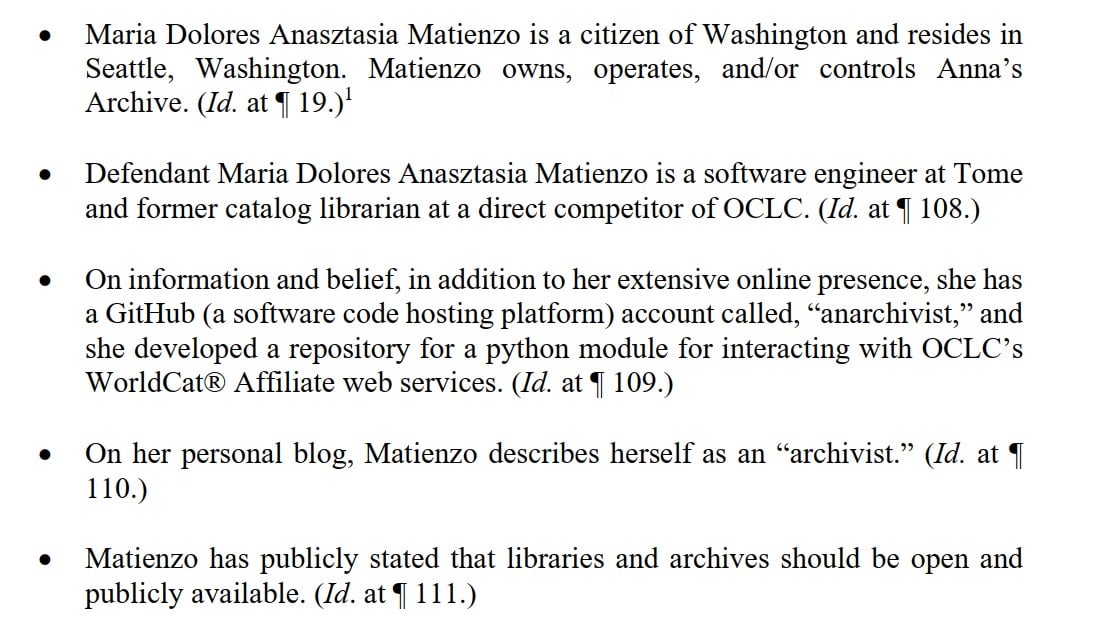
 For a long time, pirate site blocking was regarded as a topic most U.S. politicians would rather avoid.
For a long time, pirate site blocking was regarded as a topic most U.S. politicians would rather avoid.



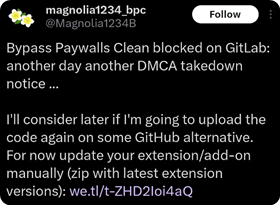

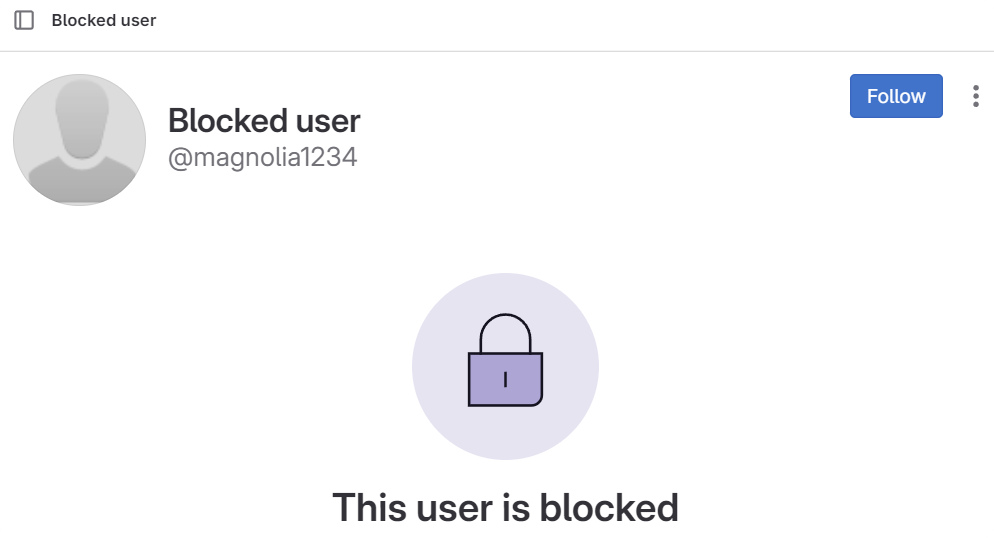
 Over the past year-and-a-half, artificial intelligence has been enjoying its mainstream breakthrough.
Over the past year-and-a-half, artificial intelligence has been enjoying its mainstream breakthrough.


